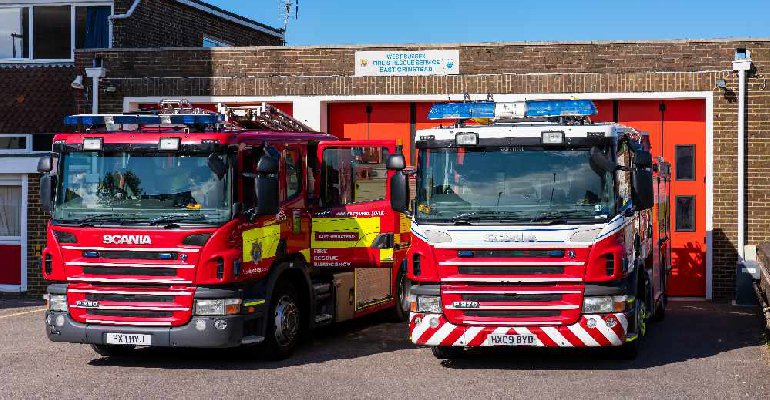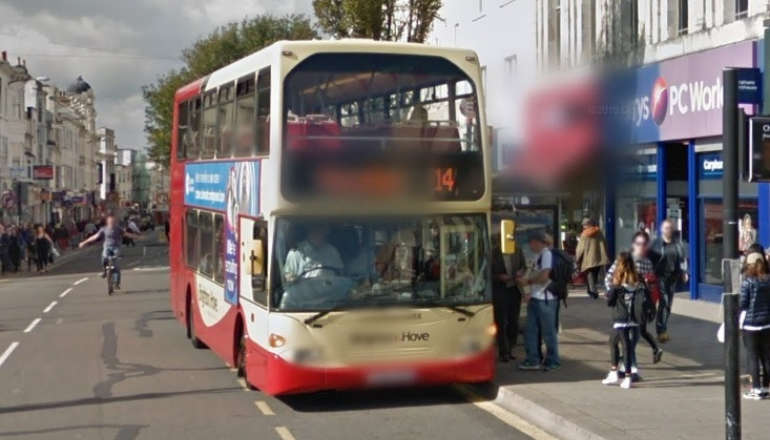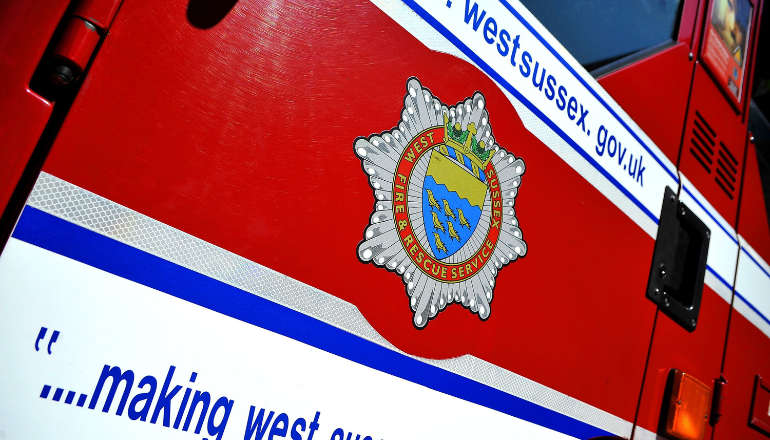
There are around 300 fewer firefighters in and around Sussex than there were ten years ago, it's been revealed.
And, the staff shortages have led to warnings that crews "won’t be ready for major threats".
According to the Fire Brigades Union, West Sussex Fire and Rescue Service has seen 25% of jobs cut since 2010. Ten years ago, the service had an extra 209 firefighters.
It's also a similar picture for East Sussex Fire and Rescue - which has 89 fewer staff members. That is a 12% cut.
Nationally, 11,000 UK firefighters and control room jobs have been lost, according to the union.
It is calling for funding to recruit an additional 5,000 firefighters country-wide within in the next year.
Without additional crews, the FBU says the public face a “roll of the dice” every time a major incident occurs.
Matt Wrack, FBU general secretary, said:
“Be it mass flooding and wildfires caused by climate change, huge post-Grenfell building safety challenges, terrorist attacks; or pandemics, firefighters are an all hazards emergency service on the frontline protecting the UK from the vast majority of major threats.
“But a decade of devastating cuts means that we can only effectively handle one of these crises at a time. The brutal reality is that, if and when mass-flooding or another major emergency hits this winter, it could impact firefighters’ ability to aid the pandemic response, or respond to another major incident.
”Increasingly, each time one of these major emergencies break out, the public face a roll of the dice, hoping that more than one won’t come at once - and it’s only a matter of time until we lose that gamble.
“Boris Johnson and Rishi Sunak need to recognise the scale of risk faced by the public and fund the frontline firefighters who keep people safe. We need at least 5,000 new firefighters immediately to repair some of the damage austerity has done to our service and prepare for the risks of today and tomorrow.”
Non-fire incidents have soared by 12% over the last decade.
UK firefighters responded to 162,251 non-fire incidents last year – more than the total number of fires.
Surges in flooding and assisting other agencies drove a 6% increase from 2018-19 to 2019-20.
Firefighters, including on the Island, also took on fourteen new activities to respond to the first wave of the pandemic, including moving dead bodies, driving ambulances, and delivering Personal Protective Equipment (PPE).
The FBU has today launched its #FundTheFrontline campaign, in which firefighters and members of the public will be asked to write to their MPs demanding urgent investment in the government’s one-year spending review.


 Man Admits To Damaging Cars In Bognor
Man Admits To Damaging Cars In Bognor
 Two Men Arrested In Connection With Brighton Rape
Two Men Arrested In Connection With Brighton Rape
 Appeal Following Assault In Horsham Shop
Appeal Following Assault In Horsham Shop
 Appeal After Arson At Gym In Burgess Hill
Appeal After Arson At Gym In Burgess Hill
 Two Men Sought In Connection With Brighton Rape
Two Men Sought In Connection With Brighton Rape
 Councillors Support Baby Box Partnership With Charities
Councillors Support Baby Box Partnership With Charities
 Brighton And Hove Bus Fare Cap Bid Foiled By Cost
Brighton And Hove Bus Fare Cap Bid Foiled By Cost
 New Medical Centre Scoping Exercise Agreed By Wealden Council
New Medical Centre Scoping Exercise Agreed By Wealden Council
 'Out Of This World' Ideas Put Forward For Future Of Brighton i360
'Out Of This World' Ideas Put Forward For Future Of Brighton i360
 New Fire Engines For West Sussex
New Fire Engines For West Sussex
Comments
Add a comment